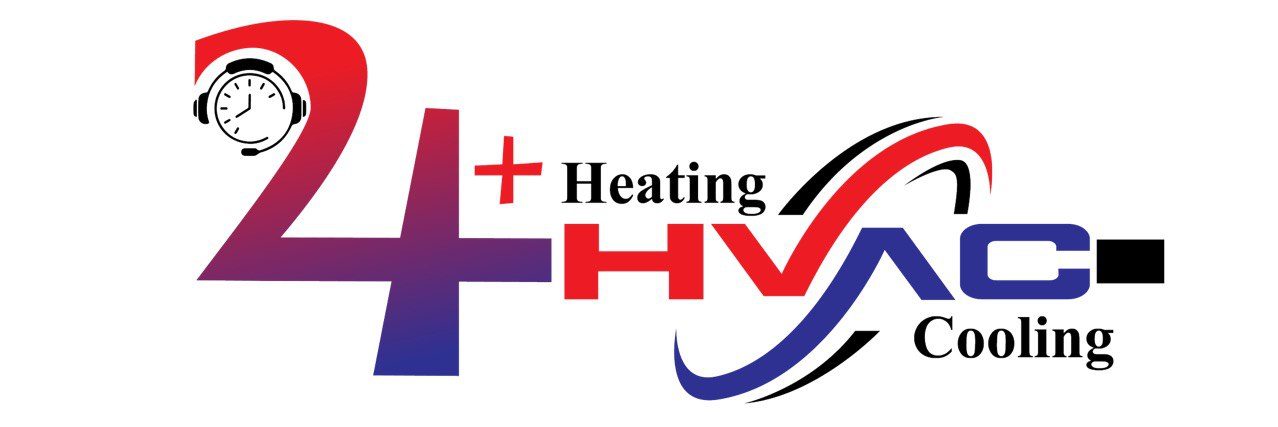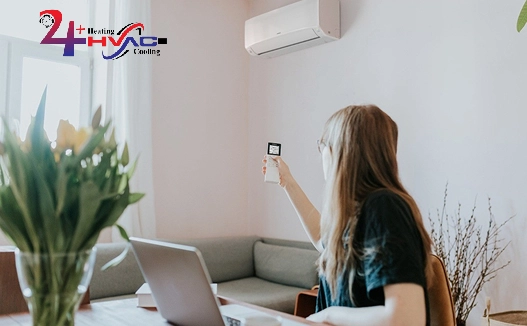Introduction
When your heat pump stops working properly, it can disrupt your comfort — especially during extreme weather. Heat pump problems are not just frustrating; they can also signal more serious underlying issues if left unaddressed. Whether your system isn’t heating, cooling, or making strange noises, understanding the root of these issues can save you time, money, and hassle.
In this article, we’ll walk you through 10 of the most common heat pump problems, explain why they happen, and provide practical solutions you can implement right away. From frozen coils to thermostat malfunctions, this guide covers everything homeowners need to know to troubleshoot effectively — and when to call the professionals.
1. Heat Pump Not Heating Properly
One of the most frequent complaints homeowners have is that their heat pump isn’t heating enough, or at all. This could be due to a number of factors including restricted airflow, refrigerant issues, or thermostat misconfiguration.
Common causes:
-
Dirty air filters blocking proper airflow
-
Low refrigerant levels or leaks
-
Incorrect thermostat settings
-
Undersized unit for your home
Fixes:
-
Replace or clean your air filters every 1–3 months.
-
Check thermostat settings; switch to heating mode and set temperature above current room temp.
-
Call a professional for refrigerant inspection or leak repair.
2. Heat Pump Not Cooling in Summer
If your heat pump fails to cool your home during warmer months, the system may be stuck in heating mode or experiencing electrical malfunctions.
Common causes:
-
Reversing valve failure
-
Clogged condenser coils
-
Low refrigerant
Fixes:
-
Clean outdoor unit and remove debris around the condenser.
-
Reset the system from your breaker and thermostat.
-
If issues persist, schedule a diagnostic check with an HVAC technician.
3. Frozen Outdoor Unit or Coils
Frozen coils are a clear sign something’s wrong. This issue can severely reduce your unit’s efficiency or shut it down completely.
Common causes:
-
Poor airflow due to dirty filters
-
Blocked outdoor unit
-
Low refrigerant
-
Defrost cycle malfunction
Fixes:
-
Turn off the unit to allow thawing.
-
Remove leaves, snow, or ice from around the outdoor unit.
-
Have a technician inspect the defrost control board and refrigerant levels.
4. Heat Pump Constantly Running
A system that runs non-stop wastes energy and increases wear on components.
Common causes:
-
Incorrect thermostat setting
-
Dirty coils or filters
-
Improperly sized heat pump
-
Extremely cold weather
Fixes:
-
Lower your thermostat a few degrees.
-
Clean or replace filters.
-
Insulate your home better to reduce heat loss.
-
Consult a technician to assess unit size and condition.
5. Unusual Noises from the Heat Pump
Strange noises often signal mechanical or electrical problems. Identifying the noise type can help diagnose the issue.
Common noises:
-
Grinding or squealing – worn-out motor bearings
-
Clicking – relay switch issues
-
Buzzing – electrical problems or loose parts
Fixes:
-
Turn off the unit and inspect for visible obstructions.
-
Schedule a service visit to avoid damage to major components.
6. Heat Pump Short Cycling
Short cycling occurs when the system turns on and off too quickly, reducing efficiency and stressing components.
Common causes:
-
Oversized heat pump
-
Thermostat location issues
-
Refrigerant problems
-
Clogged air filters
Fixes:
-
Move the thermostat if it’s placed near heat sources.
-
Replace filters and check airflow.
-
Professional diagnosis may be needed for refrigerant or sizing issues.
7. Thermostat Malfunctions
A malfunctioning thermostat can completely throw off your heat pump’s ability to heat or cool properly.
Symptoms:
-
System doesn’t turn on
-
Incorrect room temperature readings
-
No response to manual setting changes
Fixes:
-
Replace batteries or upgrade to a programmable thermostat.
-
Recalibrate or replace faulty units.
-
Ensure thermostat wiring is correctly connected.
8. Water Leaks Around the Unit
Water pooling around the indoor unit could indicate drainage issues, which can lead to mold or water damage.
Common causes:
-
Clogged condensate drain line
-
Cracked drain pan
-
Frozen evaporator coils
Fixes:
-
Flush the drain line with vinegar or use a wet/dry vacuum.
-
Replace the drain pan if damaged.
-
Keep coils clean to prevent freezing.
9. Tripped Breakers or Blown Fuses
If your heat pump trips the breaker regularly, it could indicate a serious electrical issue.
Possible causes:
-
Compressor issues
-
Loose wiring
-
Dirty condenser coil causing overheating
Fixes:
-
Do not continuously reset the breaker — call a professional.
-
Schedule an inspection for internal electrical components.
10. Low Efficiency and High Energy Bills
If your energy bills are climbing without increased use, your heat pump may be operating inefficiently.
Common causes:
-
Poor maintenance
-
Aging system
-
Leaky ductwork
-
Thermostat not optimized
Fixes:
-
Schedule seasonal maintenance.
-
Seal duct leaks and upgrade insulation.
-
Replace units older than 10–15 years with energy-efficient models.
Conclusion
Understanding and addressing heat pump problems early can prevent costly repairs, improve efficiency, and extend the life of your HVAC system. While some issues can be solved with simple DIY steps, others require the expertise of a licensed technician.
At 24Plus HVAC, we specialize in diagnosing and repairing all types of heat pump issues. Whether you need a quick fix or a complete system overhaul, our certified professionals are ready to restore your comfort.
📍 Need reliable heat pump services in Vancouver?
🔧 Explore our full range of heating solutions here and book your service today!

